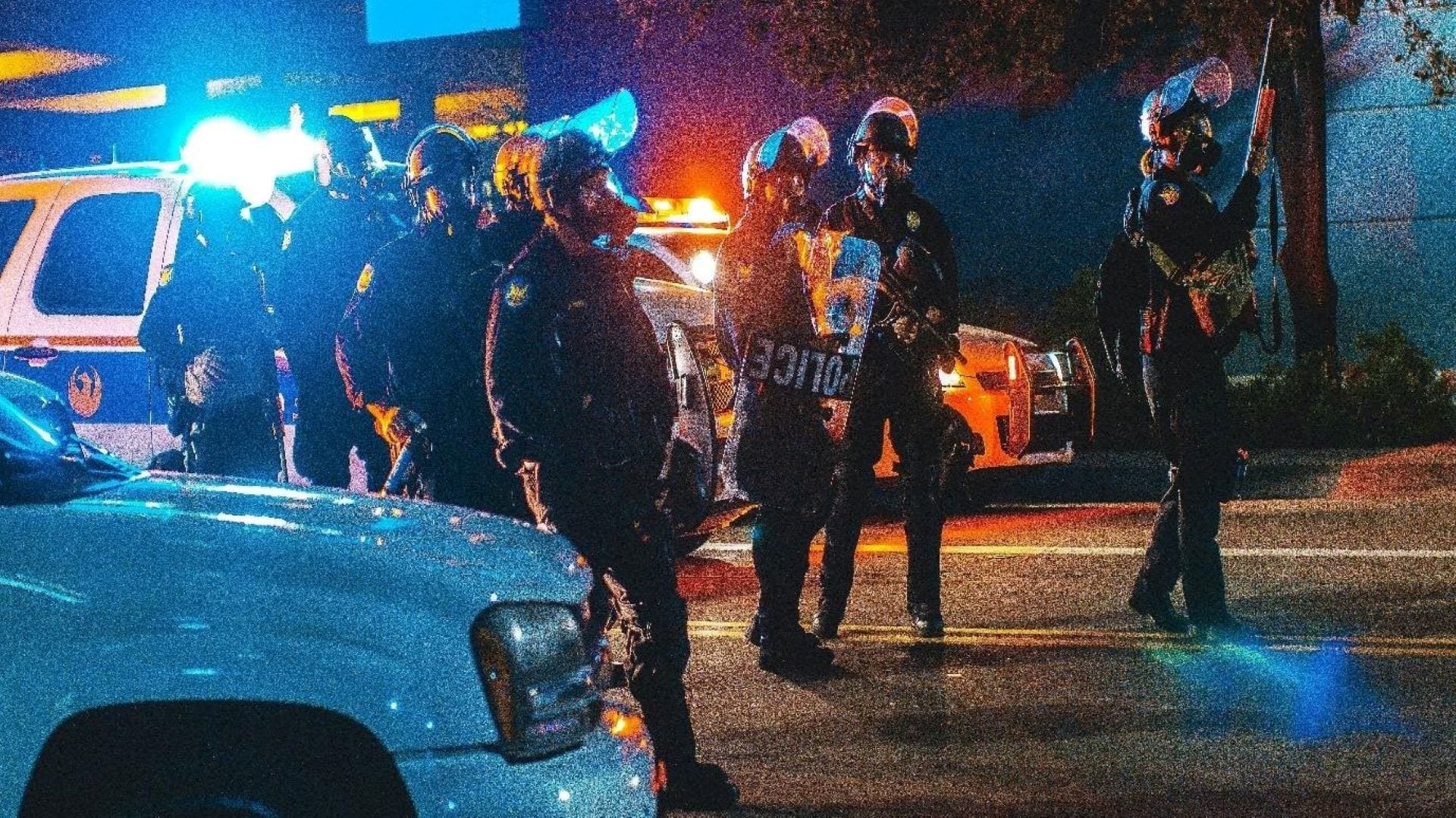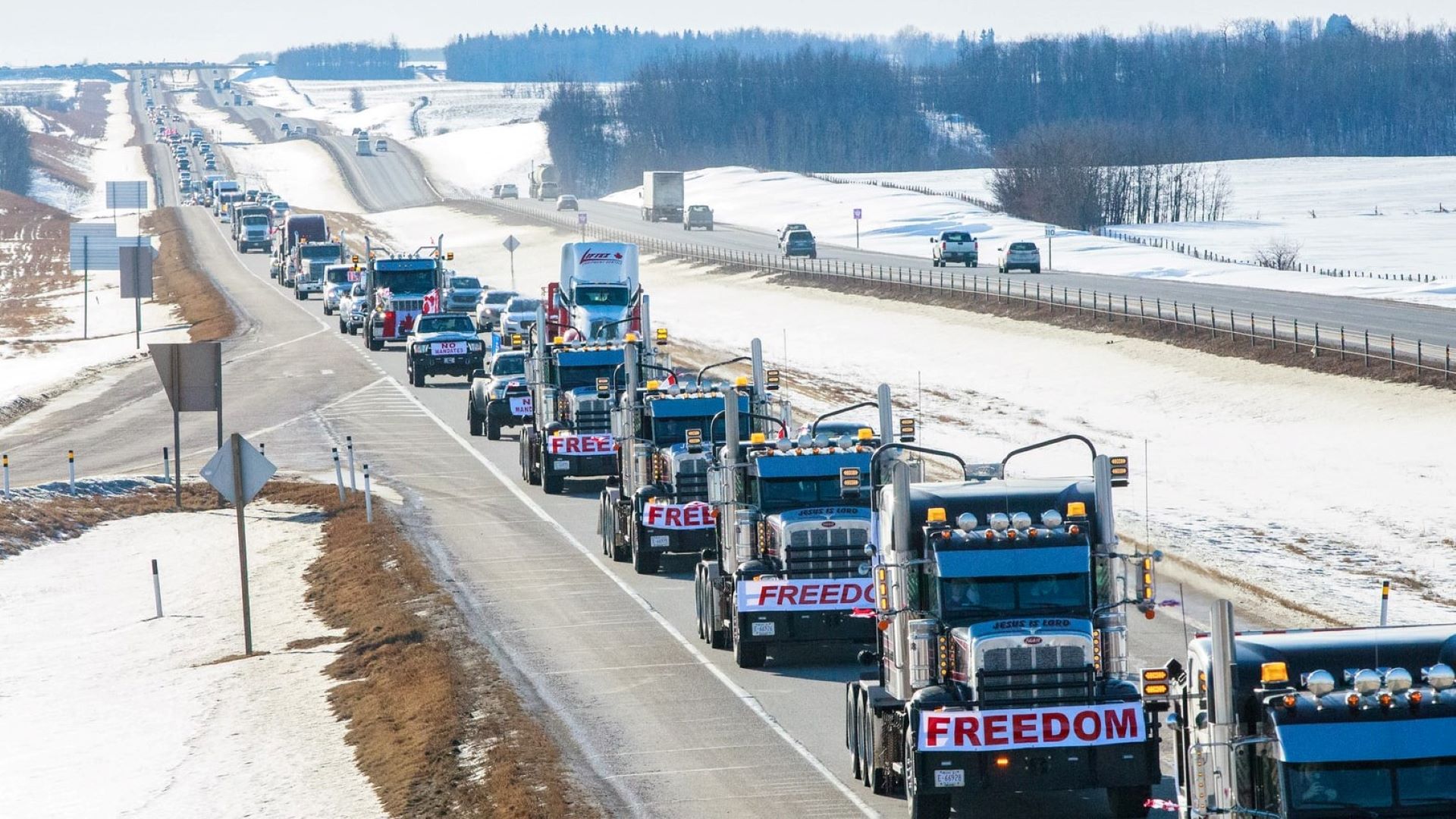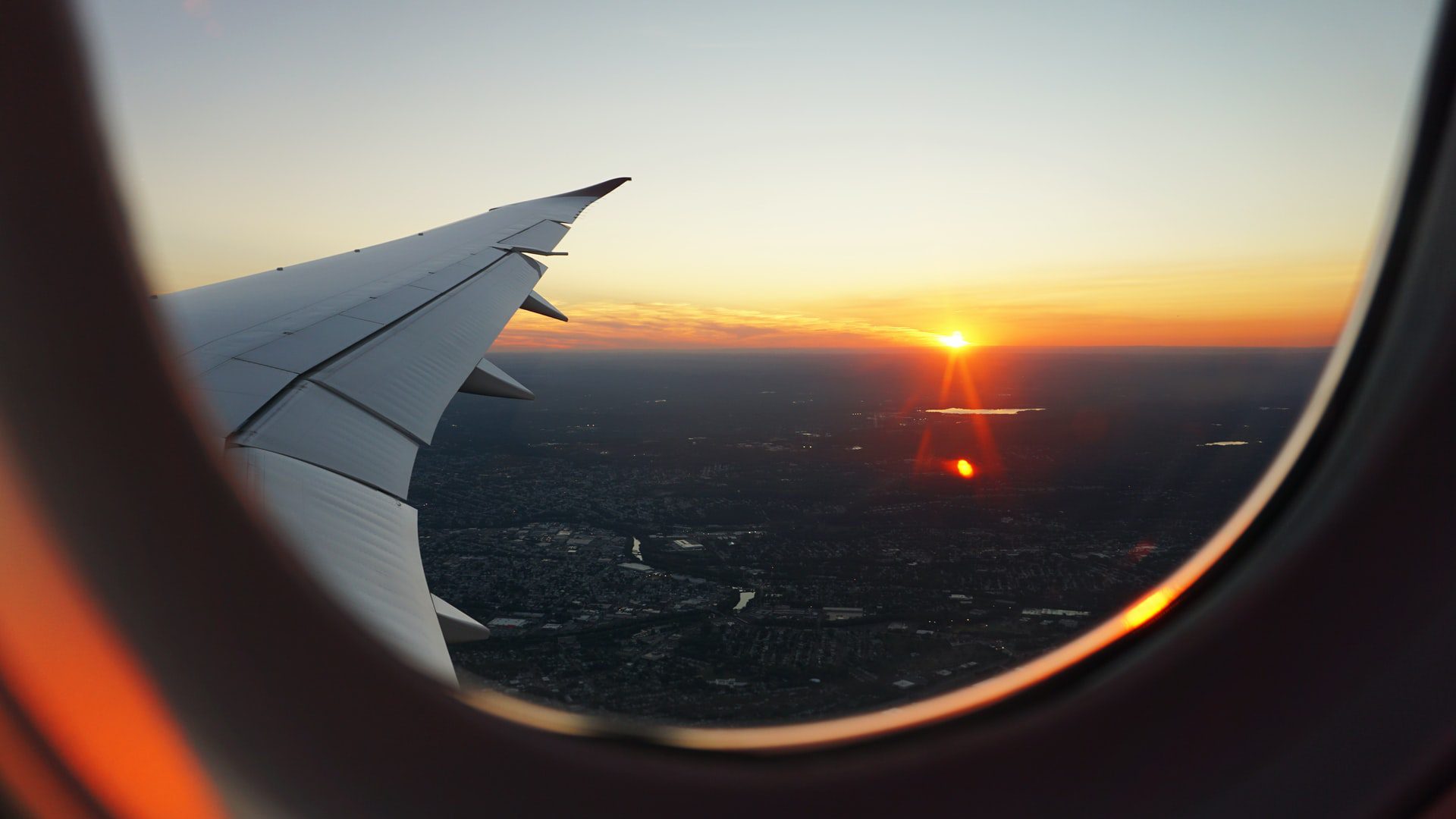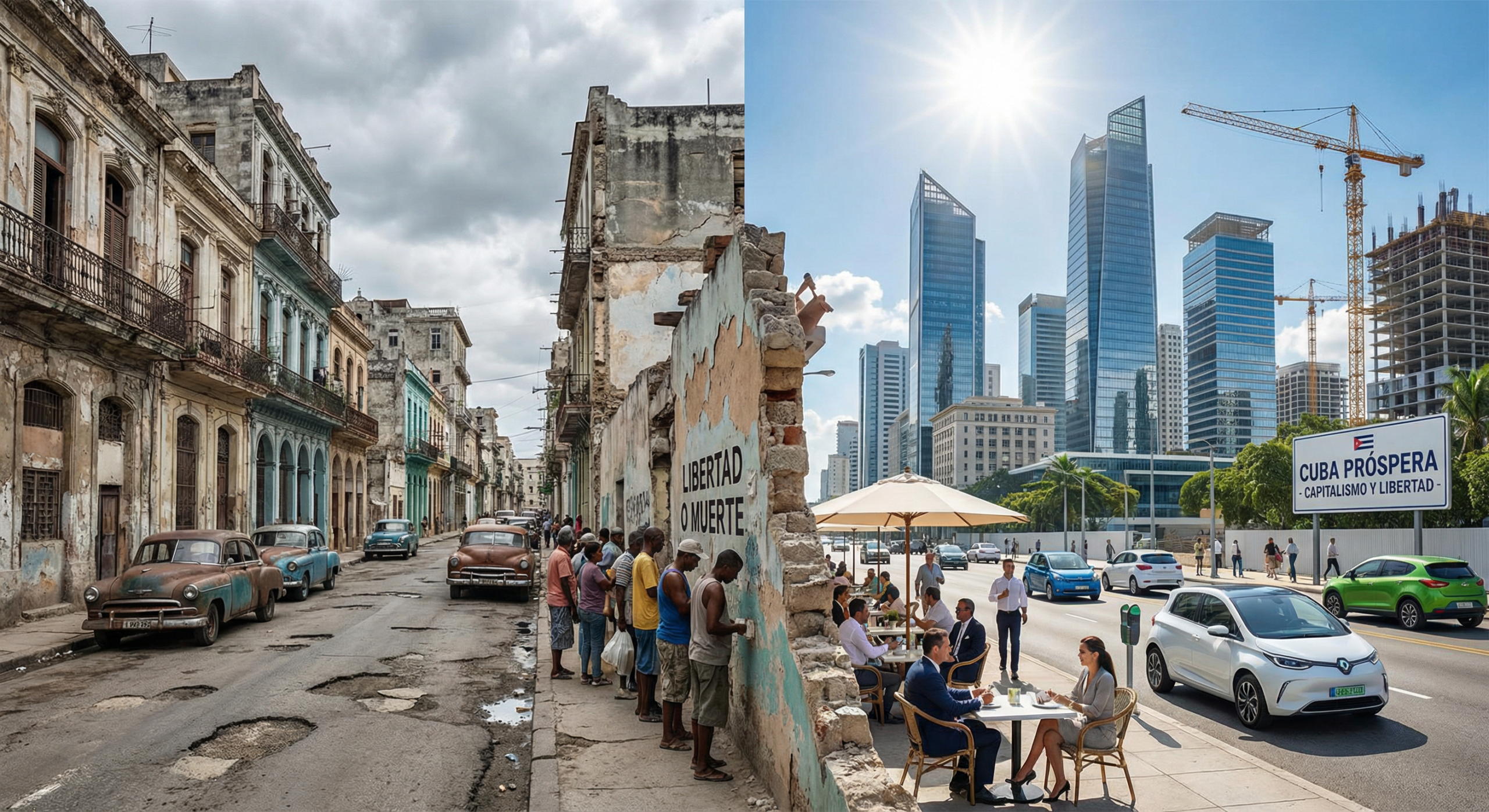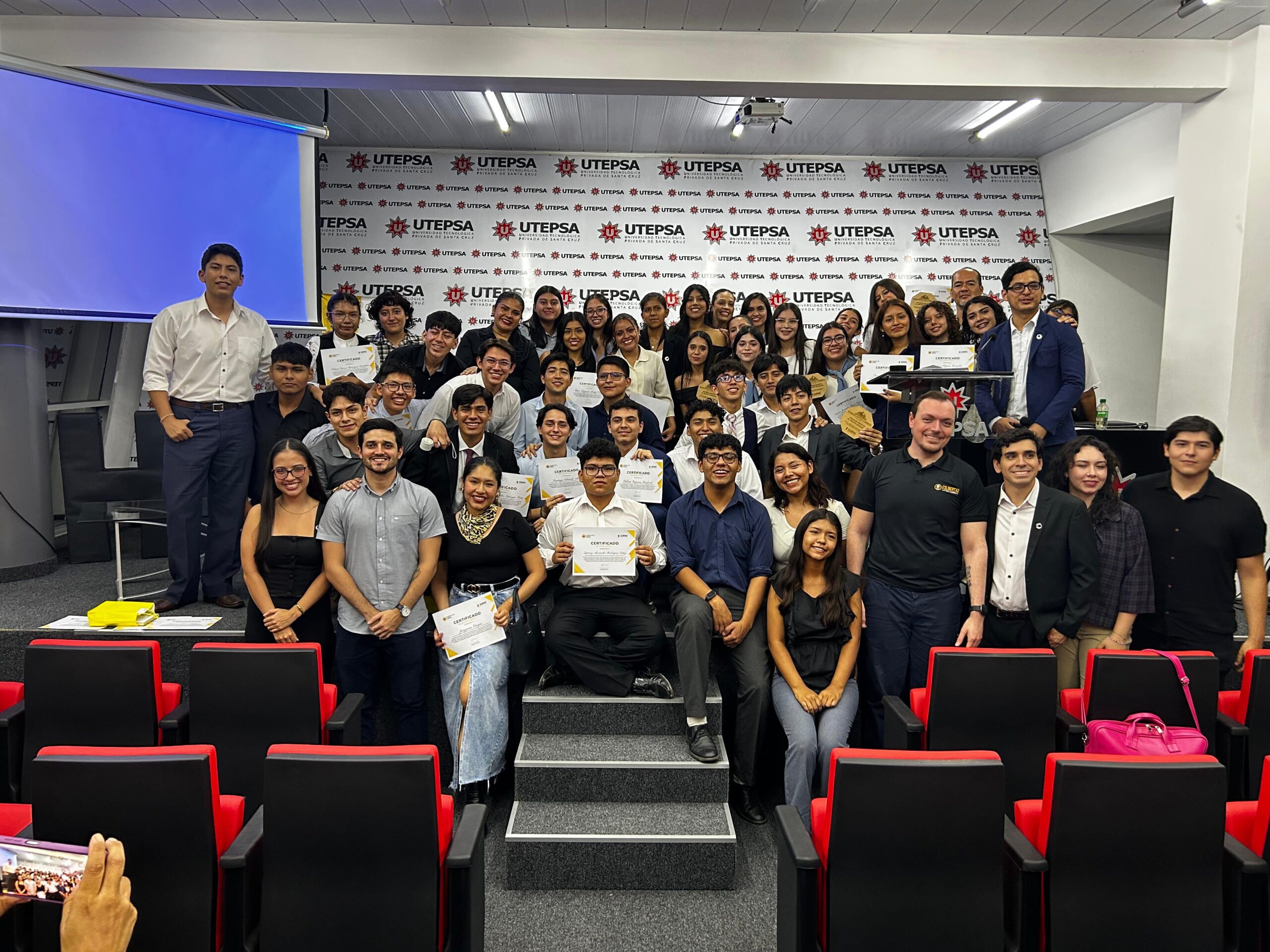The emergence of COVID-19 and the ensuing restrictions and lockdowns have greatly affected the world we live in today. Governments have imposed limitations on the freedoms that we had previously taken for granted. These unprecedented times have been stressful for all of us, not least for students on university campuses.
Many people have shifted their work to home, while learning has become a remote experience for students of all ages. From pupils in their younger years up to young adults who spend most of their days living on campus, the COVID-19 pandemic has touched everyone’s lives in both similar and unique ways.
The impact on university students
Perhaps the group of learners who have suffered most from government restrictions and lockdowns are students who live on university campuses. Their experiences of life on campus have been altered dramatically, with remote learning implemented and social gatherings banned. Some students have been forced to withdraw from classes and return to their home countries in the hopes of resuming their education after the pandemic. This means a return to living with parents and a sense of uncertainty and despair about their future.
One of the greatest assets of attending university is the ability to interact with professors and socialize with fellow students. The COVID-19 pandemic has greatly limited these options while placing an even higher demand on the challenges of learning. The isolation and stress have been wearing on the minds of many students as they lose the traditional college experience. Most group activities, sporting events, and social functions that are part of university life have been canceled due to the restrictions in place.
University students are frustrated that they are missing out on opportunities to have fun while continuing to meet the demands of writing essays, taking exams, and progressing toward earning a degree. The frustration we all feel over the limitations has reached a boiling point on some campuses. Students are feeling anger over being told what they are not allowed to do, and campuses have brought in law enforcement officers to make sure the students are following the regulations. Many universities have their own law enforcement, and the addition of outside policing has put extra scrutiny on the behavior of students on campus.
Campuses have reached a boiling point
Recently, an outdoor gathering of students in Boulder, Colorado was shut down by police using tear gas and violent tactics. They arrived on the scene in the University Hill neighborhood of the city where approximately 500 to 800 people were gathered outside. The area is home to many students who attend the University of Colorado in Boulder, some who stated that they were simply having a few small outdoor gatherings on their properties and enjoying nice weather.
By the evening, the crowds had grown, reportedly from high school students and other people who discovered the parties on social media posts. That is when the local police units, accompanied by heavily armed SWAT teams, arrived to control the crowds. It turned violent when several vehicles were damaged and police beat and injured several people on the scene, even using tear gas on the students. Police in Boulder have stated that they have video of the incidents they will use to make arrests and the University of Colorado has criticized students who were not following COVID-19 protocols.
“No one was trying to do anything harmful. It’s the cops that were trying to harm us. It’s sad, but when kids are locked up for months they act like animals,” said student witnesses who claimed they were not involved in the altercation with police.
In Greece, a video showing police beating a student who was reportedly violating COVID-19 restrictions has recently sparked protests in Athens. This incident, added to the long history of police brutality on university campuses in Greece, has inspired students to voice their concerns. Greece is also planning to install police units directly on university campuses, raising fears among students that police brutality may worsen in the future.
Solutions for moving forward
Campus restrictions should be reconsidered, as the psychological effects they are having on students could be long-lasting. Young adults are far less likely to become seriously ill or die from COVID-19, so limiting their freedom is likely not saving many lives.
Moreover, the allowance of more social interaction would give university students some time to relax and greatly improve their overall mental health. It is unnatural to keep people of any age on lockdown for extended periods of time, as social interaction is a healthy and normal part of our lives.
Perhaps we could add university professors to the top of the list for receiving one of the COVID-19 vaccines, which would help restore normal classroom learning. This would ensure that we are doing our best to keep professors safe while taking steps to ease the stress on students. It would also solve the need for increased police presence on campuses, which would be a positive step in decreasing the number of police brutality cases.
To read more content related to the COVID-19 pandemic, be sure to check out our cluster page by clicking on the button below.
This piece solely expresses the opinion of the author and not necessarily the organization as a whole. Students For Liberty is committed to facilitating a broad dialogue for liberty, representing a variety of opinions.
